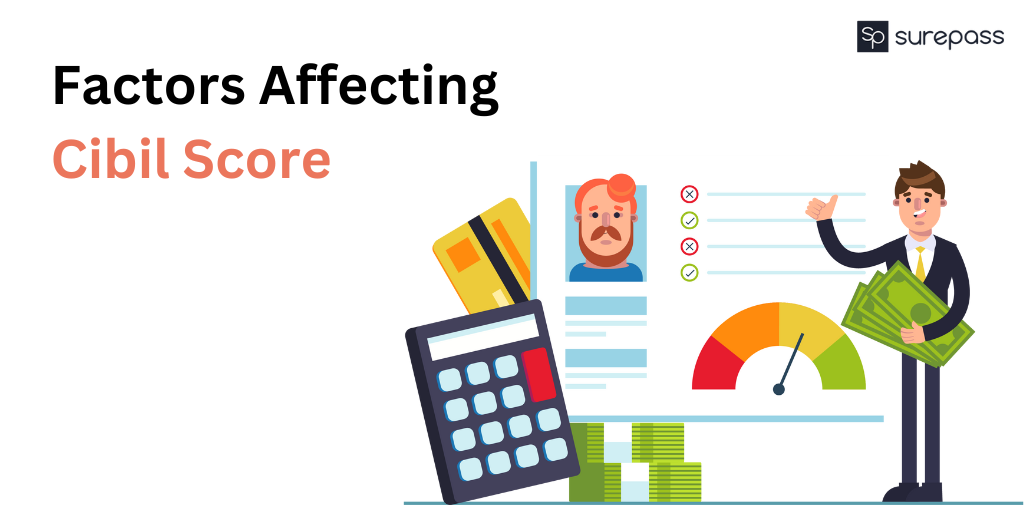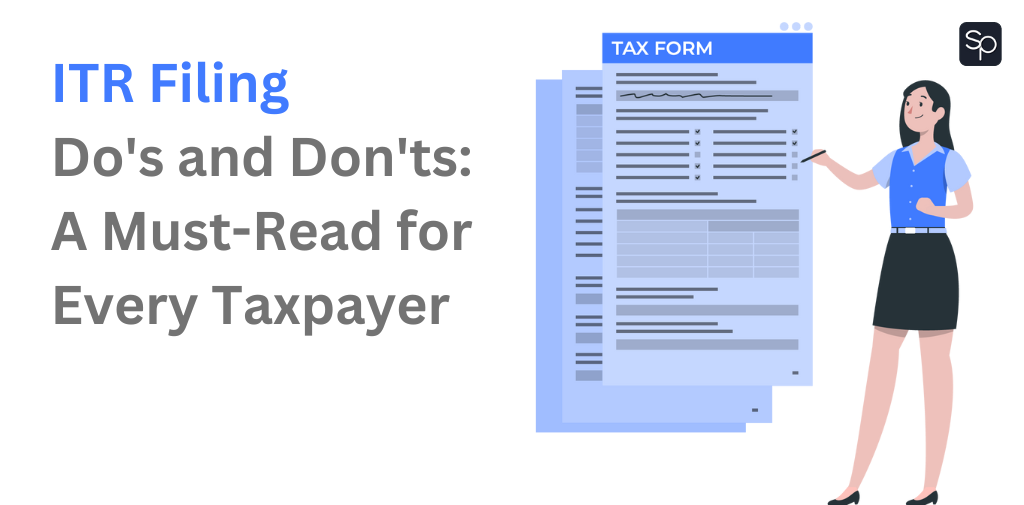The Credit Information Bureau (India) Limited (CIBIL) is the most well-known of the four credit information businesses to which the Reserve Bank of India has granted licenses. There are three other businesses that have been granted licenses by the RBI to operate as credit information firms too. These include Experian, Equifax, and Highmark. The CIBIL score, however, is the most widely used credit score in India. Let us learn more about the CIBIL score.
An essential component in granting you access to credit products such as credit cards and loans is your CIBIL score. For lending purposes, lenders—such as banks and other financial institutions—prefer a CIBIL score over 750. An individual’s CIBIL score can be impacted by a number of variables, including age, employment stability, and income. Continue reading to learn more about the important aspects influencing your CIBIL score.
CIBIL Score
“CIBIL Score,” often referred to as a “Credit Score” is a three-digit numerical summary of a borrower’s credit history. Your credit score is calculated and maintained by CIBIL, or Credit Information Bureau (India) Limited. Therefore, it refers to how successfully one has handled financial obligations in the past, such as a mortgage, personal loan, or credit card. As per current information, there are 32 million enterprises with 600 million people having credit files on CIBIL Limited. Credit scores are known as the CIBIL TransUnion score in India because the American multinational corporation TransUnion includes CIBIL India.
Automate your KYC Process & reduce Frauds!
We have helped 200+ companies in reducing Frauds by 95%
Factors Affecting CIBIL Score
- Imperfect Loan Repayment History
This is a significant factor that can influence the CIBIL score of a business. It is a summary of all borrowings and repayments done on behalf of your business. A company might get a low credit score if it has a poor history of loan repayments. The unpaid debt indicates that the company is not worthy of managing its loans, thus lowering the CIBIL score.
- A mix of Credit
Businesses should maintain a healthy mix of both secured and unsecured loans. Having only one kind of credit will not improve their CIBIL score. A healthy blend of credits showcases the ability of a business to handle all types of debts successfully.
- Several Loan Requests
Are you aware that your CIBIL score may suffer if you make a lot of loan inquiries? It’s okay to inquire once or twice. However, going above that might have a negative impact on the company’s creditworthiness. A company’s credit history is retrieved during the loan application procedure, which is known as a “hard inquiry.” Since there are several difficult questions asked at once, submitting multiple loan applications may result in a lower credit score. If businesses are unsure if they qualify for a loan, they should refrain from contacting lenders. Additionally, when their loan application has been denied, they shouldn’t apply for another one right after. Before reapplying, they have to wait six months so that their credit score might rise.
- Current Debts
The amount of the company’s current indebtedness may also have a significant impact on its CIBIL score. For example, a corporation may have a worse rating if it has several outstanding obligations under its name until it pays them off in full. By refraining from submitting numerous loan applications at once, this circumstance may be avoided.
- Ratio of Credit Utilization
A corporation is considered credit hungry if it consistently uses credit up to its maximum capacity. This propensity may significantly lower their credit score. This action puts the company under investigation and raises doubts about its capacity to make loan repayments on schedule.
- Credit Paybacks
How may CIBIL score be raised by making on-time loan repayments? An organization’s CIBIL score may suffer if it chooses to pay off a large portion of its debt with a single installment. This move may cause some people to take notice, which would lower the score. Conversely, the company’s ability to repay the loan in manageable installments will boost the score.
What is the Maximum CIBIL Score?
The value of the CIBIL Score might range between 300 to 900. The higher score indicates a stronger credit profile and a lower risk of default. Here is a general breakdown of how CIBIL scores are often interpreted:
| Quality | Range of CIBIL score |
| Excellent | 750-900 |
| Good | 650-750 |
| Fair | 550-650 |
| Poor | 450-550 |
| Very Poor | Below 450 |
Excellent (750-900): Those who score at this level are thought to have good credit profiles. They are more likely to have a solid track record of prudent credit management and to be granted loans and credit cards with favorable conditions.
Good (650-750): Scores in this range are still regarded as being favorable. These people are probably going to be given credit, but the conditions might not be as good as for people with higher credit ratings.
Fair (550-650): Those with scores in this range may see somewhat higher lending rates and more stringent credit approval requirements. They could be viewed by lenders as slightly riskier debtors.
Poor (450-550): People with scores in this range may have trouble getting credit accepted, and if they do, the conditions may be less advantageous with higher interest rates.
Very Poor (Below 450): Scores in this range imply a considerable default risk, or Those with credit scores below 450 can have trouble obtaining traditional lenders to accept them for financing.
Why is the CIBIL Score Low?
Negative occurrences like settlements or bankruptcy can severely lower your credit score. Hence, it is crucial to keep in mind that various credit bureaus may employ somewhat different models and determining criteria when determining their credit ratings. Additionally, because each factor’s importance might alter, different people may experience a single action’s effects differently.
Maintaining a strong credit score requires regular checking of your credit report for mistakes and prompt bill payment. Based on your financial behavior, your credit score is a dynamic number that might fluctuate over time. A better score might result from good financial practices, while a lower score can come from bad ones.
Conclusion
It’s critical to periodically review your CIBIL score. Aim for a score higher than 750 in order to have greater access to credit products. Every calendar year, CIBIL is required to provide you with one free comprehensive credit report.
- Faster loan and credit card approval
- Lower loan interest rates
- Better credit card offers
- Cards with a larger credit limit
- Savings on the application processing fee and other costs for loans







Sanidhya Arora
Sanidhya is a dynamic individual with a passion for Marketing/Branding. With 1.8 years of experience, He has demonstrated expertise in SEO and social media handling. He is known for dedication towards his work, and his dedication and commitment have led to successful outcomes. A lifelong learner, he continues to expand his knowledge and skills to stay at the forefront of Marketing industry. Sanidhya is driven by a strong desire to make a positive impact.
More posts by Sanidhya Arora